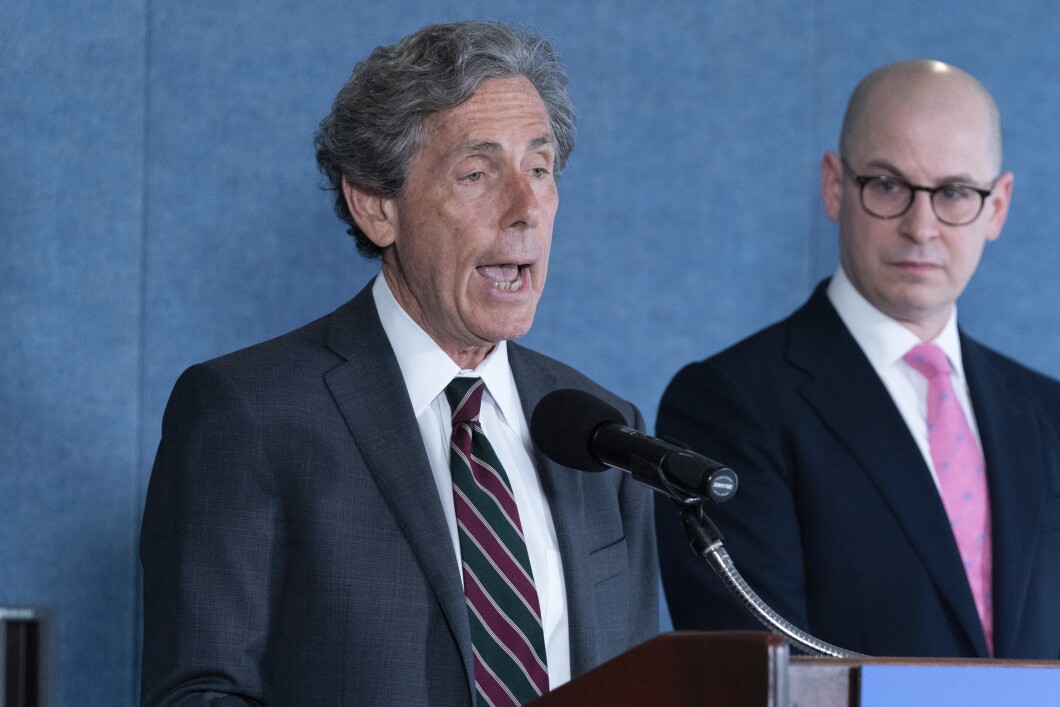
A top law firm that was sued over its DEI scholarship after the Supreme Court slashed affirmative action policies for colleges has quietly altered the language on its website to accept all applicants.
Morrison Foerster has changed the language of eligibility criteria for its diversity, equity, and inclusion fellowship just days after a lawsuit targeted the firm’s fellowship and a similar program at Perkins Coie, both of which land on Am Law 100 rankings for largest law firms.
SUPREME COURT AFFIRMATIVE ACTION RULING PROMPTS COLLEGE DIVERSITY ESSAY ‘LOOPHOLE’
The Keith Wetmore Fellowship for Excellence, Diversity, and Inclusion previously had requirements for applicants who are “members of historically underrepresented groups in the legal industry,” according to a previous posting on its website obtained from an internet archival website. The program now states it accepts students “with a demonstrated commitment to diversity and inclusion in the legal profession.”
The lawsuit was filed on Aug. 22 by the American Alliance for Equal Rights, a nonprofit legal group formed by anti-affirmative-action advocate Edward Blum. The high court case this summer that trounced race-based admissions policies for universities was part of a yearslong effort by Blum to end affirmative action in higher education.

“Excluding students from these esteemed fellowships because they are the wrong race is unfair, polarizing, and illegal,” Blum told the Washington Examiner on Sept. 1, noting, “Law firms that have racially-exclusive programs should immediately make them available to all applicants, regardless of their race.”
Blum’s lawsuits alleged that the firms violated the Civil Rights Act of 1866, which bans racial discrimination in contracting. His group filed the complaints against Morrison Foerster and Perkins Coie in the Southern District of Florida and Northern District of Texas courts, respectively.
While the Supreme Court’s decision this summer that banned the use of affirmative action for college admissions did not address private contracting directly, it placed corporate diversity efforts on the defensive, and at the very least signaled the Supreme Court could also be poised to cut back on corporate DEI programs in the future.
Perkins Coie’s eligibility program has not been altered and still points to applicants with historically underrepresented students. The firm has stated it plans to challenge AAER’s lawsuit and has reinforced its commitment to diversity efforts.
After the Supreme Court’s ruling, Perkin Coie’s diversity page stated, “We re-affirm our commitment to building a more diverse and inclusive workplace and legal profession.”
CLICK HERE TO READ MORE FROM THE WASHINGTON EXAMINER
However, the statement added that “methods for fulfilling” any DEI commitment “may evolve over time as the legal landscape changes; our commitment will remain steadfast.”
The Washington Examiner contacted the firms for a response.





